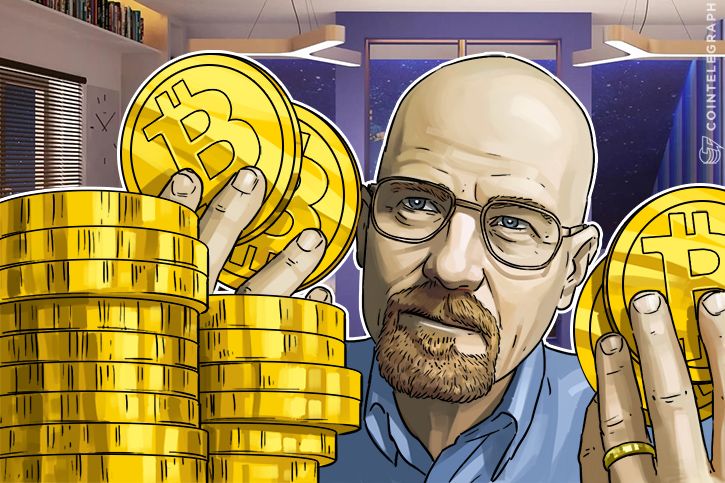Thoughts On What Bitcoin's
Rise In Value Mean
The cryptocurrency bitcoin — money backed by mathematics rather than governments or precious metals — first came into existence around 2009. The digital currency, which is "mined" by computers, has since gained a solid number of adherents, and nearly as many questions.

The CryptoCurrency BitCoin
Bitcoin brags about their digital wallets, easy transfers, identity protection and minimal fees. Critics warn of the system's complexity to explain, as well as its volatility. Some question the use the money is put to, saying that anonymity can help criminals shift money safer.
But in early January, Bitcoin's value surpassed a record-high set in November 2013, and as of early March, the price continues to rise. Is this change a temporary one, coming from market influences, or does it signal broader acceptance for the currency? Members in the Forbes Technology Council have this to say about what 2017 will mean for bitcoin adoption:
Remember: Early Leaders Are Usually Not the Ultimate Winners
I think the real question is less about how widespread bitcoin's adoption is going to be, and more about how long before other currencies adopt blockchain as their basis. The early leader in almost any technology is usually not the ultimate winner. There is already a lot of development and early exploration both into integrating blockchain into currency, but there is not clear standard — yet.
Governments Don't Want It
You don't need to go far to recognize why bitcoin is back at record highs. Just look at the situation with China's economy right now. The SEC delayed their decision on the Winklevoss's bitcoin exchange-traded fund, which means we'll likely not see what happens for several more months under a new presidency. Governments around the world will never want a currency that is supply limited.
Adoption Set To Increase
I think as long as it keeps going up and continues to stabilize in its pricing, more people and businesses will become interested and adopt it in the coming year. With more work being done on country regulations and standards, as well as further research on applications for blockchain, the comfort level for use will increase.
Cryptocurrency Will Grow
The bitcoin era is halfway through its course, while cryptocurrency overall is still growing. The golden years are already gone, and only big mining pools will be able to thoroughly profit from it from now due to large investors bringing tons of technological and human resources to the table. However, cryptocurrency popularity will only increase based on Bitcoin’s success and others will emerge.
Volatility Driven By Multiple Factors
Unlike fiat currencies, bitcoin volatility is influenced by regulation, politics and proposed technology changes. 2017 started with a record $18 billion market capitalization. With 90% of miners and 70% of trades in China, the recent regulatory moves created vast volatility. The rest of the year will see even more volatility with the political, economic and technical (such as block size debates) uncertainties.
Chuck Reynolds
Contributor
Alan Zibluk Markethive Founding Member











